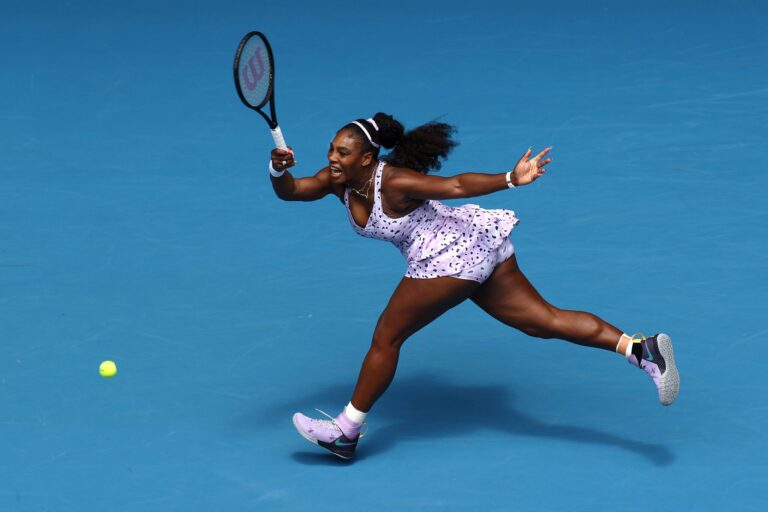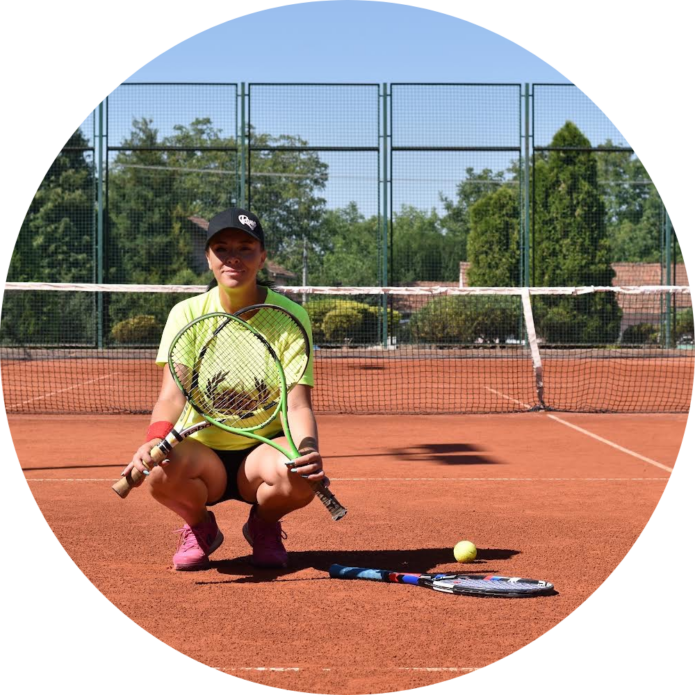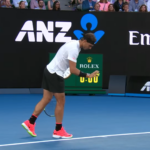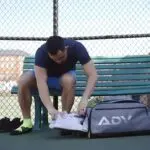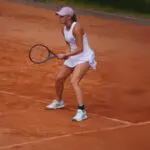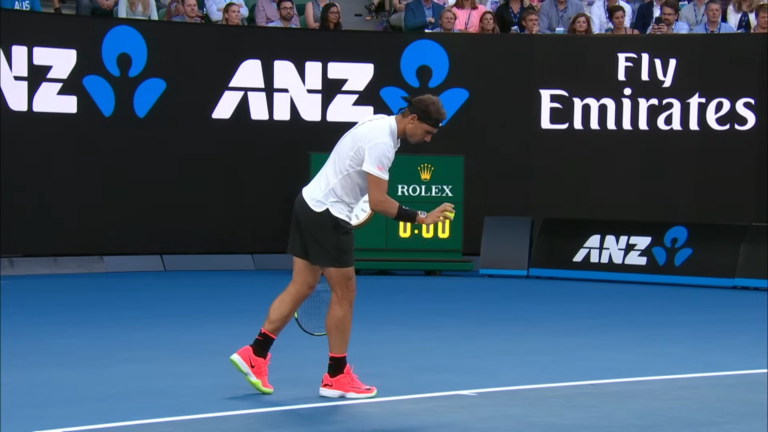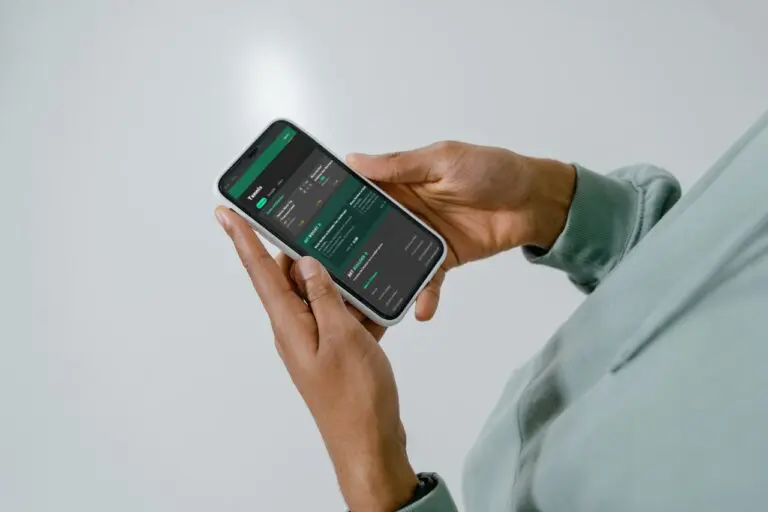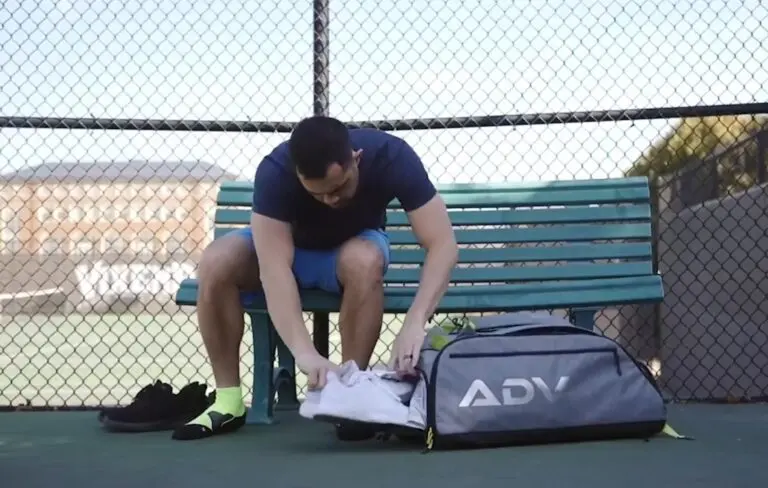Tennis is a relatively unique game because success and failure are solely determined by who is playing. It’s you against your opponent, and it comes down to who is better, not who is luckier or something like that.
In the discussion of easy vs hard sports, tennis fits into the hard category. However, pro players have a lot to teach young players — not just young tennis players but also youth athletes. Find out more about how they do it on Borgata Online.
Learn motivation
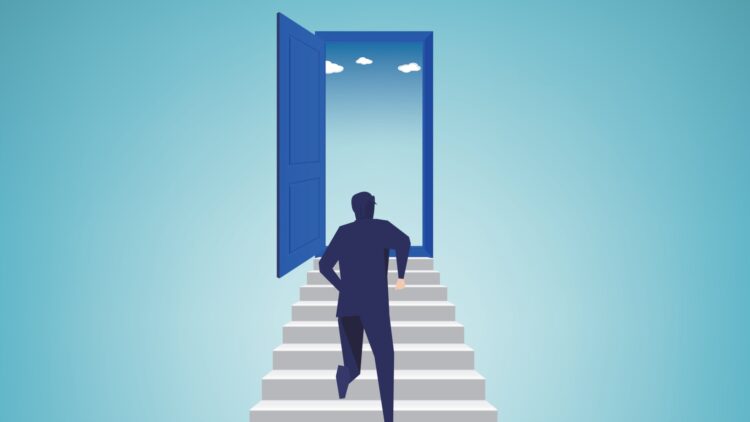
It has been shown that motivation has a direct connection to participation. This is pretty obvious in a way; if you enjoy doing something and want to get better, you will continue.
This becomes especially important in a sport like tennis, when you don’t have a team to help motivate you, or in the case of not wanting to play, a teammate. You need to be motivated enough to get up and do the work day after day.
While breaks are necessary too, pros show that they are never satisfied with their ability, and they don’t need a coach or a world-class training facility to practice, just a court, a few dozen balls, and hours of their time.
Motivational environment
While finding motivation can be easy if you are passionate, staying motivated is the trick. Professionals can stay motivated and driven even when the task or practice at hand is monotonous or tiring.
This becomes evident in training when you are practicing something like a forehand. It will get boring quickly, but you must learn to keep the practice goal in mind and forget what you are doing.
You can watch any YouTube video of a tennis pro practicing, and you will see it is just ball after ball of the same shot. Building this type of motivational environment around your practice is a must if you are to succeed.
Tasks
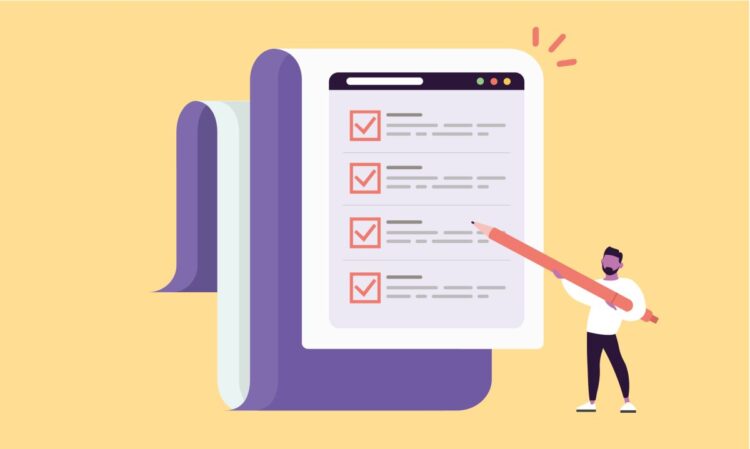
Professional tennis players are exceptional at having a to-do list of sorts during practice. While players are still young, sticking to a set of tasks for each practice session is the best way to have the most successful practice and ensure you aren’t lagging in any area.
This is an essential aspect of the game for young players to learn. Practice can’t be just the fun drills or hitting for hours on end. You must make time for the areas of the game you need to improve on and do the things you aren’t good at.
Time management
Time management is connected to having a list of tasks to practice. Professional players do not spend 30 minutes or an hour on a specific drill or shot; they spend 3, 4, 5 hours doing it, over and over again.
Young athletes must realize that becoming better than everyone else is not just about being fitter or more skilled in your chosen sport but about putting in more time and effort than everyone else.
You often hear athletes talking about being the first to train and the last to leave; this isn’t because they need the extra practice, but rather because if you train for an hour longer than everyone else every day, that’s 7 hours more training a week. That just builds and grows the gap between you and your competition.
Confidence

As mentioned already, tennis is an individual sport. You don’t have a team that can win a game if you aren’t at your best. Pro players have immense confidence in themselves and their ability, no matter who their opponent is or how big the game is.
This type of confidence is something that young players must start to build as soon as possible. It is so easy to see the stats or achievements of an opponent and immediately doubt your own ability.
Professional players have a vast level of confidence in every situation. Even when you watch a player you haven’t heard of taking on someone like Rafa Nadal, you can see the confidence they have. If you don’t have it, you just won’t overcome significant challenges when you play.
Accountability
Once again, linking back to being an individual game, accountability is a lesson that pro players have learned already and something young players need to grasp. A game of tennis is won or lost by you as a player.
If you play better than your opponent, you win; if you play worse, you lose. Either way, the buck stops with you. This is an excellent life lesson as well. While there are many times when we end up “losing” due to circumstances out of our control, there are times when our lack of motivation or commitment leads to us failing.
Holding yourself accountable is the best way to find success, learn from mistakes and turn bumps in the road into lessons.
Mental strength
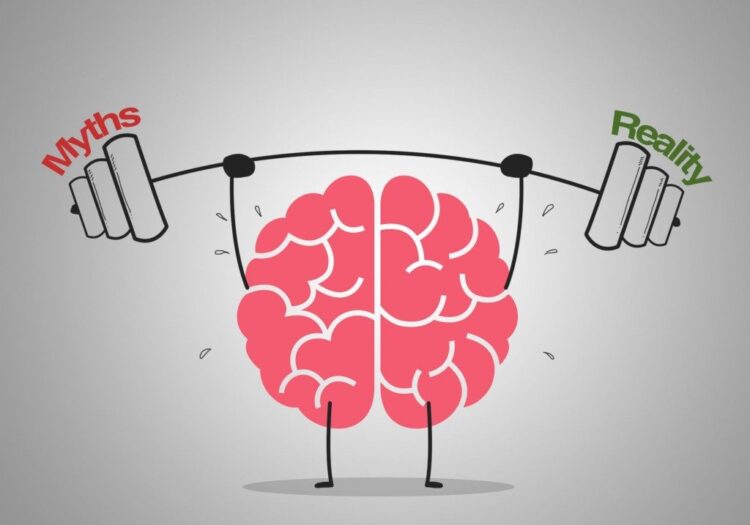
Mental strength is something that athletes in individual sports mastered long before they became household names. While winning is great, coming back from a defeat separates those who just want to play and those who want to win.
Getting back up when you’re down and brushing off failure is an essential quality if you are going to succeed, which applies to everything in life. Pro players inspire youngsters by showing that failure is just a stepping stone to success and not the end of the journey.
Understanding success
Professional players have shown younger athletes that while success is something that they should be proud of and strive for, it is also something that you mustn’t let cloud your ability and plans.
It is easy to get arrogant and think you are too good when you win a big match or tournament, but keeping yourself humble and knowing that while success is great, it doesn’t mean the hard work and practice time can now take a back seat. As mentioned, one success is a stepping stone to another, not the end of the path.
Related:
- 18 Best Tennis Racquets 2024 - Exclusive Reviews &…
- 20 Best Tennis Shoes 2024 - Stylish and Athletic
- Top 19 Best Tennis Bags 2024 [Unbiased Reviews]
- 15 Best Tennis Balls 2024 - USTA and ITF Approved
- 15 Best Tennis Racquet for Beginners & Intermediate…
- 10 Best Tennis Ball Machine 2024 - Perfect for Solo Players

